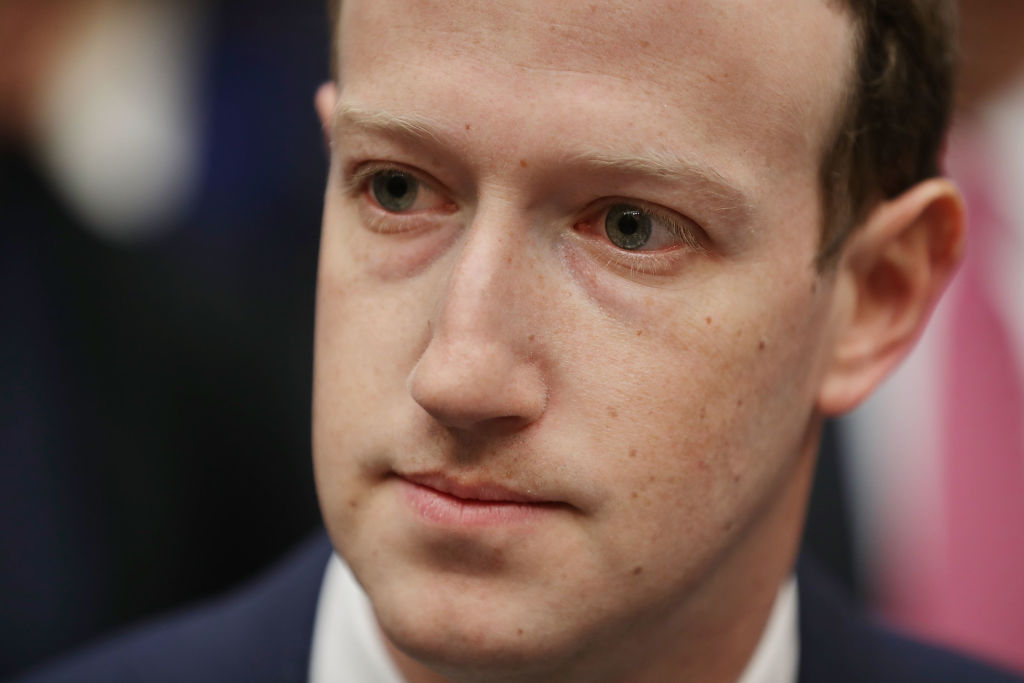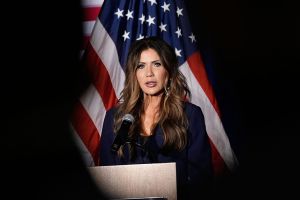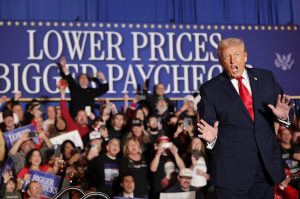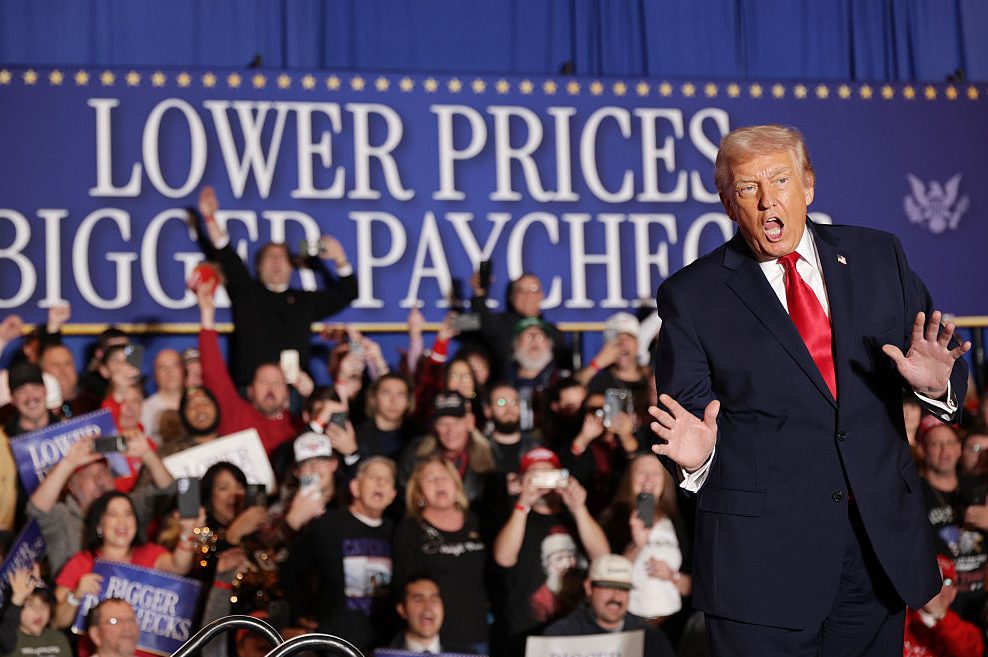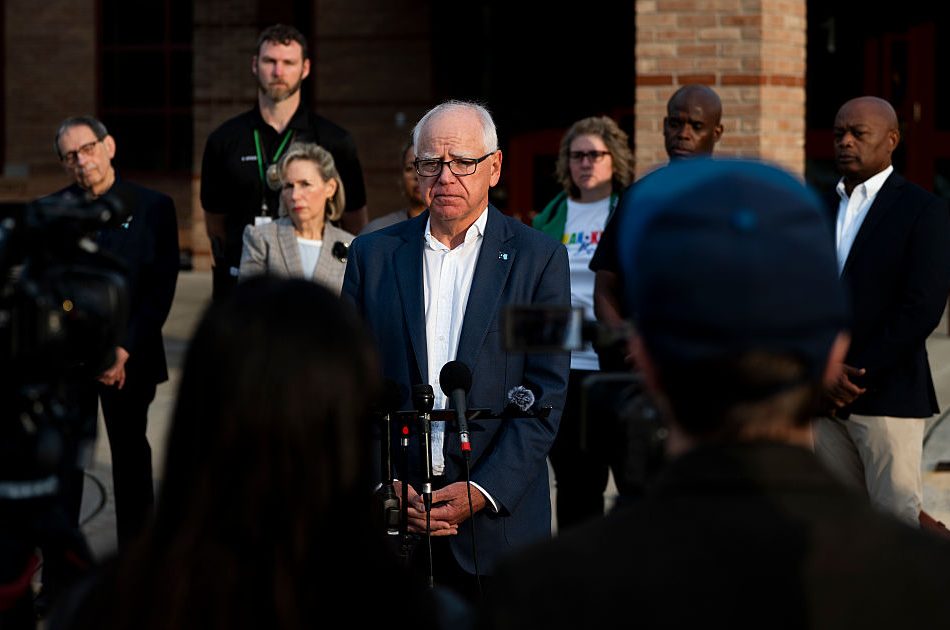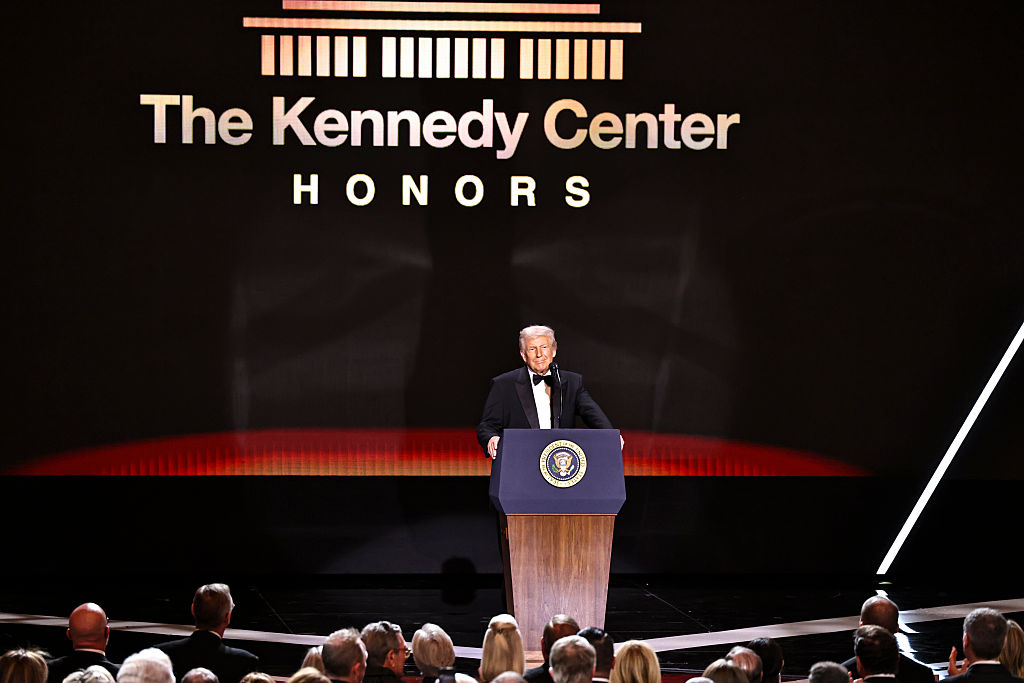Americans’ increasing focus on this fall’s elections has awakened in me a tinge of nostalgia for the good old days of campaigning — before the internet changed everything. As a conservative running for the US Senate in 1994, I remember being able to connect with thousands of voters to respond to my opponents’ dishonest attacks, the press’s deceitful characterizations of my positions, local television refusing to cover my campaign events, and the character assassinations by the newspaper editorial boards. Actually, I don’t remember that, because I had no way to reach thousands of voters except by paying those same media outlets millions of dollars to buy ads. Most Americans heavily engaged in the social media wars of today have little memory of how frustrating and demoralizing the good old days were for conservative candidates and voters.By the time I ran for president in 2012, the internet had profoundly changed the political campaign game. Social media sites helped me connect directly to voters and win 11 early primaries. At the same time, Barack Obama was already fine-tuning his highly effective online campaign apparatus.In 2016, social media became a vital tool for reaching conservative voters, as observed by Sen. Cruz’s campaign. ‘In Iowa we used data-driven digital advertising to help propel Mr Cruz to victory. We went through the media filter for TV and radio ads, but we also bypassed it, taking our message directly to voters online.’ But it was candidate Donald Trump who used Facebook and Twitter more effectively than any of us, taking his message directly to blue-collar and disaffected Democrat voters in the swing states that carried him all the way to the White House.Today, social media is central to the President’s and most Republicans’ election strategy, allowing them to bypass the openly hostile mainstream media in order to reach our base and convince potential new voters.Why, then, is the President so often attacking Twitter, Facebook and YouTube? Surely the President understands that these companies have a business to run and advertisers to please, so that these valuable services remain free for the rest of us? More importantly, we conservatives rightly demand an ethos for social media that supports free expression, subject to responsible community standards that are applied equally.I get that the President wants to nudge these companies to go gentle on moderating his more provocative posts. After all, both sides are busily ‘working the refs’ to bend social media platforms to do content moderation and fact-checking that favors their side’s views.In May, for example, President Trump tweeted about fraud problems with mail-in voting, prompting Twitter to add a fact-check flag that disputed the President’s claim. That fact-check was applauded by the left, but enraged the President, leading him to threaten Twitter via his Executive Order on Preventing Online Censorship.Per the President’s order, the Trump administration just issued its petition to the Federal Communications Commission, seeking new federal regulations of social media sites. As a conservative, I’m concerned about the petition’s call to allow lawsuits against social media for decisions to restrict content. Would that mean a pornographer or Muslim extremist could sue YouTube, Twitter, and Facebook if they refused to share such content on their platforms? Or would it mean that these sites would be reduced to sharing recipes and silly pet trick videos to avoid lawsuits over their discretionary content moderation decisions. Wait I forgot about PETA, scratch the pet tricks.
[special_offer]
Going back to the media of 25 years ago would not go well for the President or for conservatives. It will push Americans back into the arms of a mainstream media that is firmly under control of progressives. Just think about this — you never hear Democrats complain about the coverage they get on mainstream media, yet they demand that social media sites crack down on posts by the President and conservatives.As America wrestles with so many tough issues and prepares to select its leaders in a charged partisan atmosphere, social media matters. And social media matters more to the election prospects for conservatives than it does for progressives. While he should continue working the refs, President Trump should think twice about breaking the big social media networks that let him get around the ‘fake news’ media to reach the millions of American voters that conservatives need if we hope to win another national election.



